British Government and Politics: Magna Carta to Brexit
The Evolution of British Government and Politics
The history of British government and politics is a fascinating journey through time, one that has witnessed remarkable changes, enduring traditions, and profound impacts on the world. From the inception of the Magna Carta in 1215 to the complex landscape of British politics today, this evolution is an embodiment of resilience and adaptability. In this piece, we briefly look at one thousand years of British political history, exploring the challenges and triumphs it has faced, and ponder the implications for the state of British politics in the 21st century.
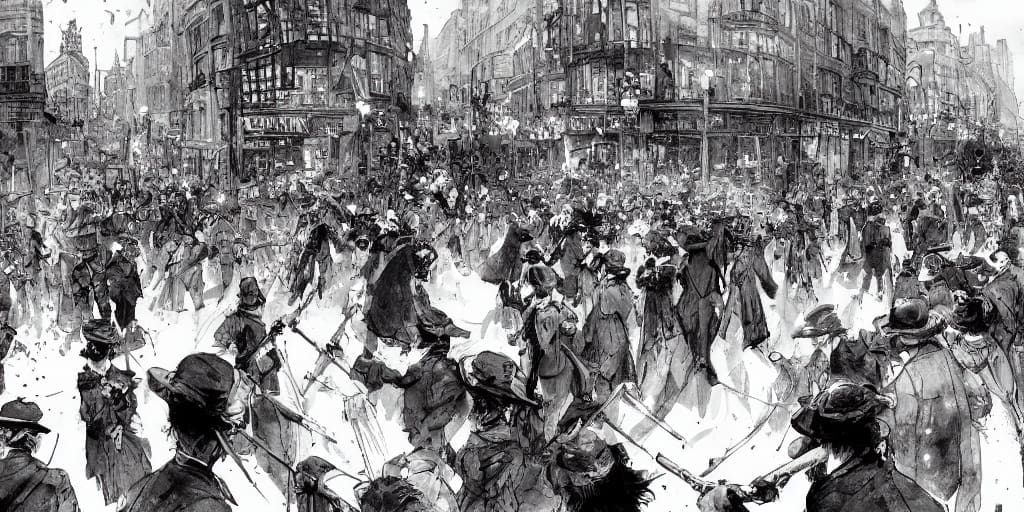
Table of Contents
*All Book Images Open a New tab to our Bookshop
**If you buy books linked to our site, we get 10% commission from Bookshop.org, whose fees support independent bookshops.
The Birth of Modern Democracy
The roots of British government as we know it today can be traced back to the signing of the Magna Carta, a historic document that limited the powers of King John and granted certain rights to his subjects. While the Magna Carta’s primary goal was to protect the interests of the nobility, it laid the groundwork for the development of constitutional principles and the idea that even the monarchy should be subject to the rule of law.
Over the centuries, the British political system evolved, with pivotal moments like the English Civil War, the Glorious Revolution of 1688, and the Act of Union in 1707 that united England and Scotland. These events contributed to the establishment of constitutional monarchy, parliamentary sovereignty, and the principle that governments should be accountable to elected representatives.
The Victorian Era and the Expansion of Democracy
The 19th century marked a significant turning point in British politics. The Victorian era saw the expansion of suffrage rights and the gradual shift towards a more inclusive democracy. The Reform Acts of 1832, 1867, and 1884 extended voting rights to a broader segment of the population, although they were far from universal suffrage. These reforms, driven by social and political changes, began to reshape British politics by giving a greater voice to the middle and working classes.
The British Empire and Global Influence
During the height of the British Empire in the 19th and early 20th centuries, the United Kingdom wielded unparalleled global influence. Its governance model, rooted in parliamentary democracy, was exported to many of its colonies. This period of imperial expansion brought both economic prosperity and contentious issues, including questions of self-determination and the impact of colonialism on indigenous populations.
The World Wars and the Welfare State
The two World Wars of the 20th century had a profound impact on British politics and society. The sacrifices made during these conflicts led to a desire for a more equitable society. In 1945, Clement Attlee’s Labour government introduced far-reaching reforms, creating the modern welfare state with policies like the National Health Service (NHS). These changes were a testament to the idea that government had a role to play in addressing social and economic inequalities.
Thatcherism and the New Labour Era
The late 20th century witnessed a dramatic shift in British politics with the rise of Margaret Thatcher and the Conservative Party. Thatcher’s economic policies emphasized deregulation, privatization, and free-market capitalism. While her tenure saw economic growth, it also contributed to rising income inequality and social divisions.
In response, Tony Blair’s New Labour government, elected in 1997, sought to modernize the Labour Party by embracing market-oriented policies while also increasing investment in public services. This era marked a period of political pragmatism and triangulation, and it highlighted the need for parties to adapt to changing public sentiments.
The Brexit Dividend and Contemporary Politics
One cannot discuss the history of British government and politics without addressing the seismic event of the 21st century: Brexit. The 2016 referendum, in which the United Kingdom voted to leave the European Union, exposed deep divisions within the country. It was a manifestation of concerns over sovereignty, immigration, and the impact of globalization on working-class communities.
Brexit not only reshaped the UK’s relationship with Europe but also led to shifts in party politics. The Conservative Party, under the leadership of Boris Johnson, embraced a more populist and nationalist agenda. Meanwhile, the Labour Party faced its own identity crisis, struggling to find common ground between its traditional working-class base and more cosmopolitan urban voters.
The Future of British Politics
As we look ahead, British politics faces several critical challenges. First, the issue of Scottish independence remains a contentious topic, with growing support for secession from the United Kingdom. Second, addressing economic disparities, especially in the wake of the COVID-19 pandemic, will be a central concern. Third, climate change and environmental sustainability demand urgent attention from policymakers.
To navigate these challenges, British politics must uphold its democratic traditions while adapting to the changing needs and desires of its citizens. It is crucial for political leaders to engage in constructive dialogue and seek common ground, rather than succumbing to polarization and divisiveness. Additionally, investing in education and civic engagement can empower citizens to participate meaningfully in the democratic process.
The history of British government and politics is a testament to the enduring principles of democracy and the capacity for evolution and adaptation. From the Magna Carta to the challenges of Brexit and beyond, this journey reflects the complexities and nuances of a society grappling with its past, present, and future. By addressing the pressing issues of our time and upholding the values of accountability and inclusivity, British politics can continue to evolve and thrive in the 21st century.



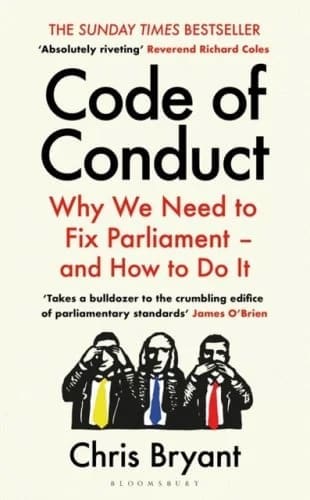
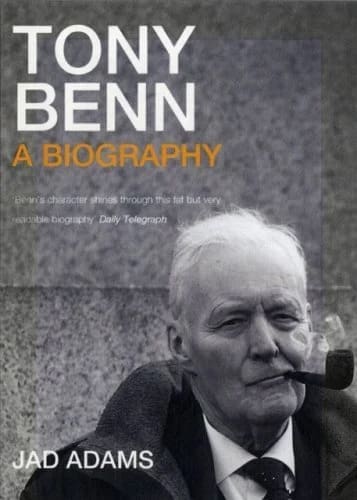

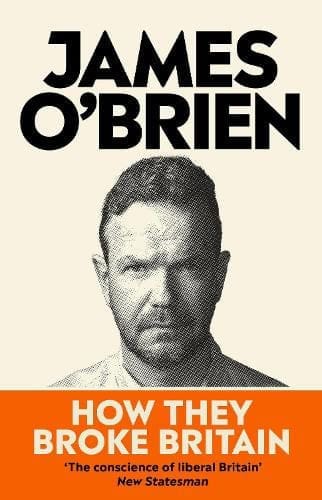
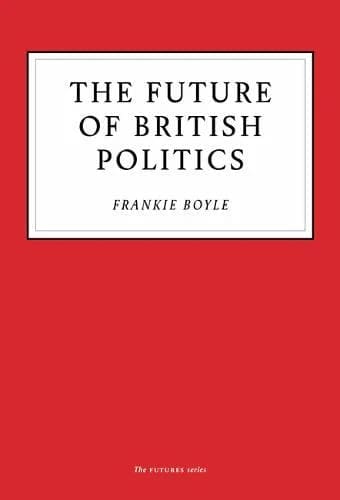

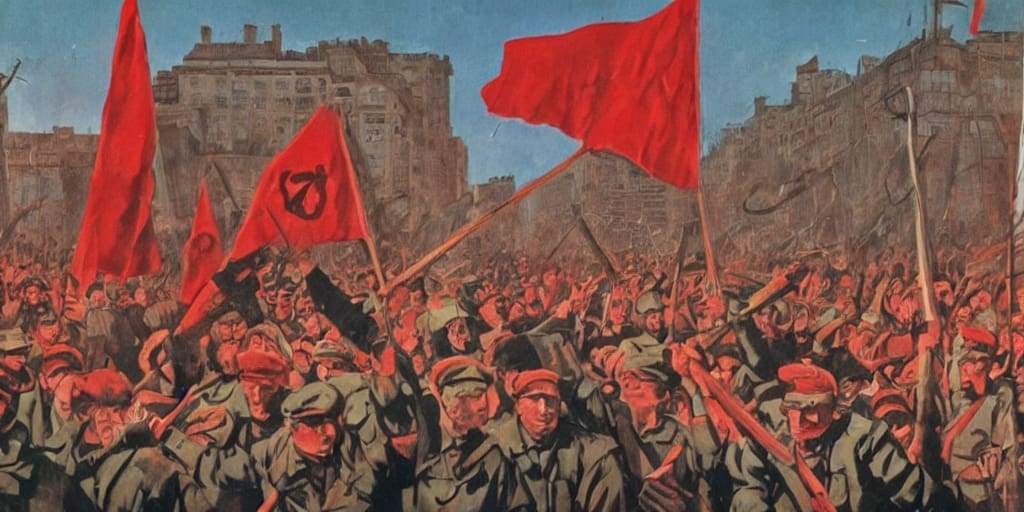




















Leave a Comment